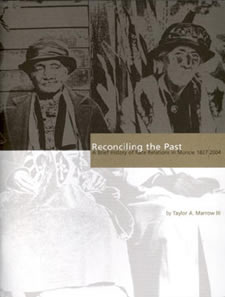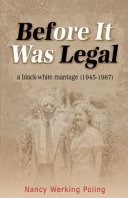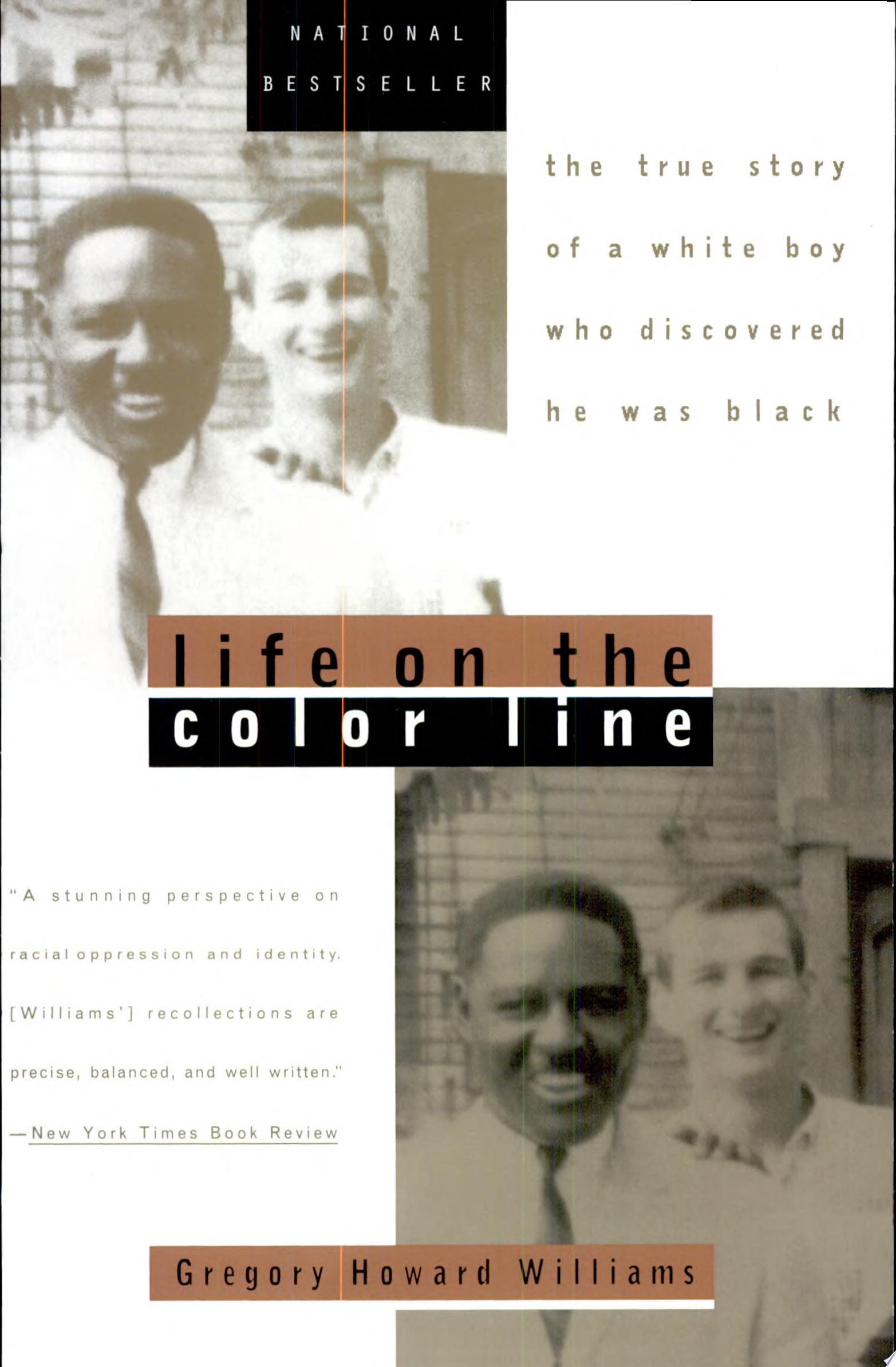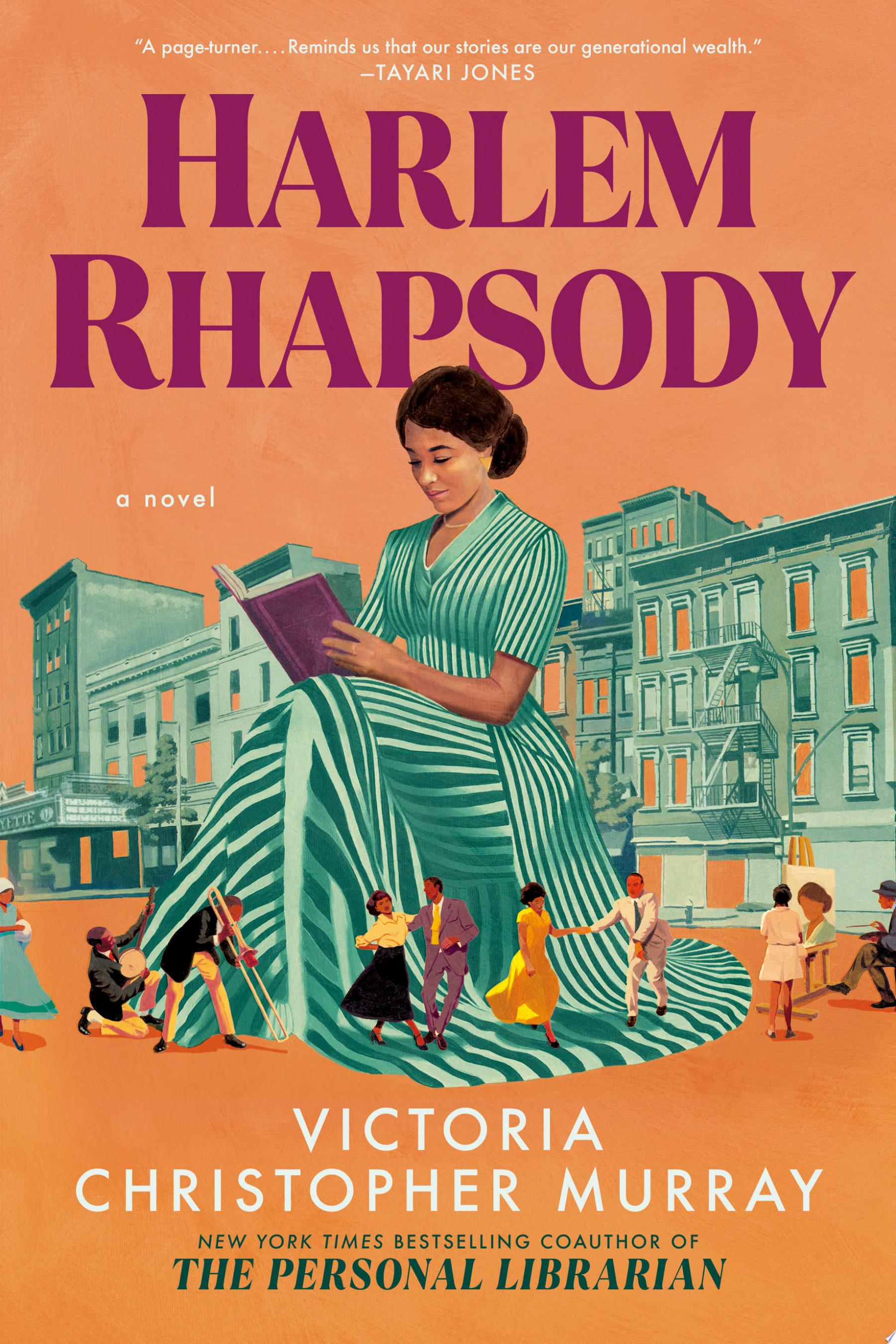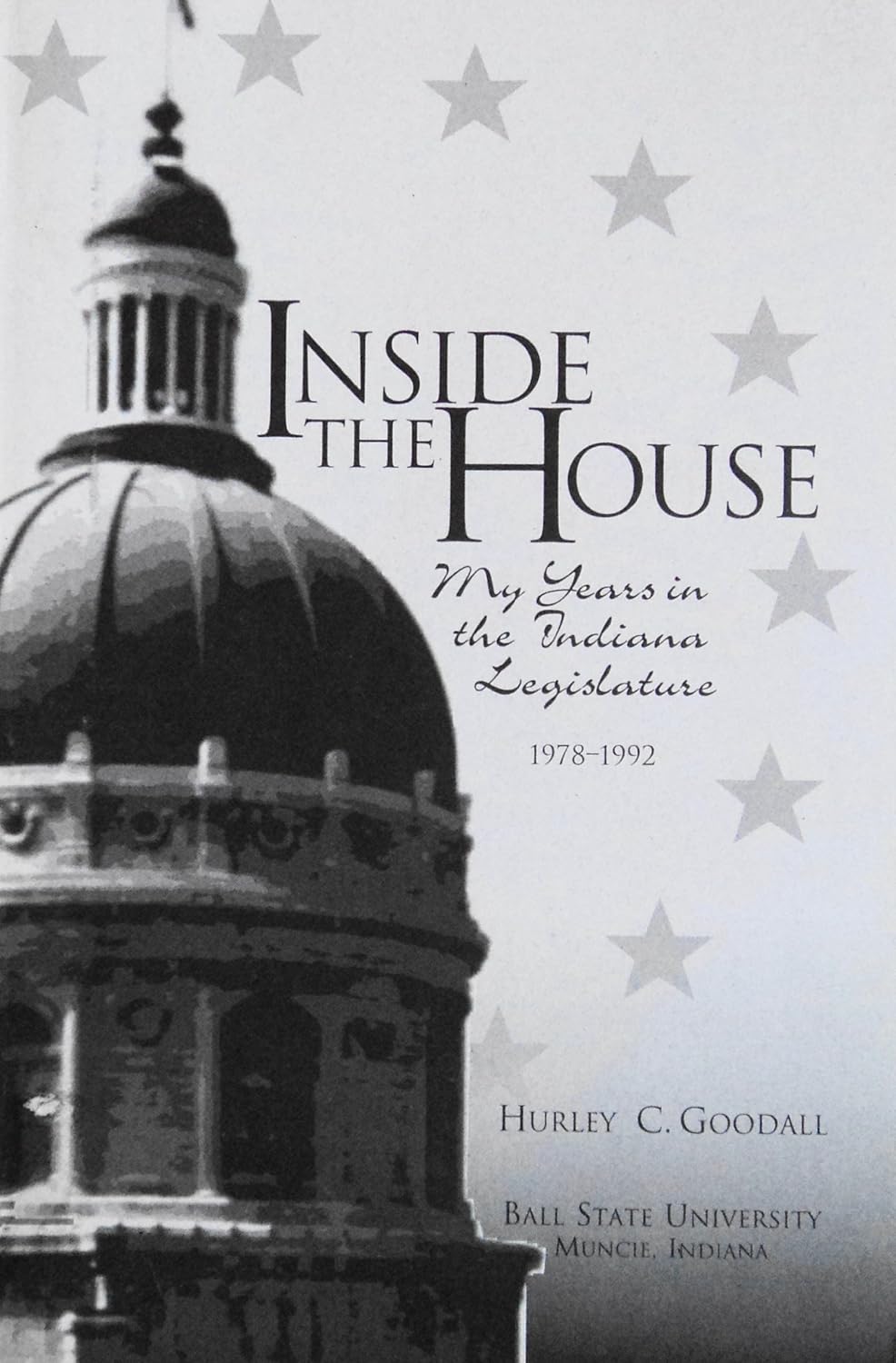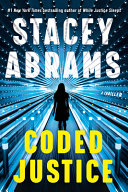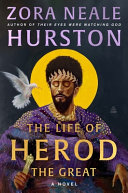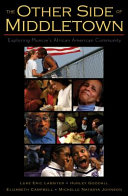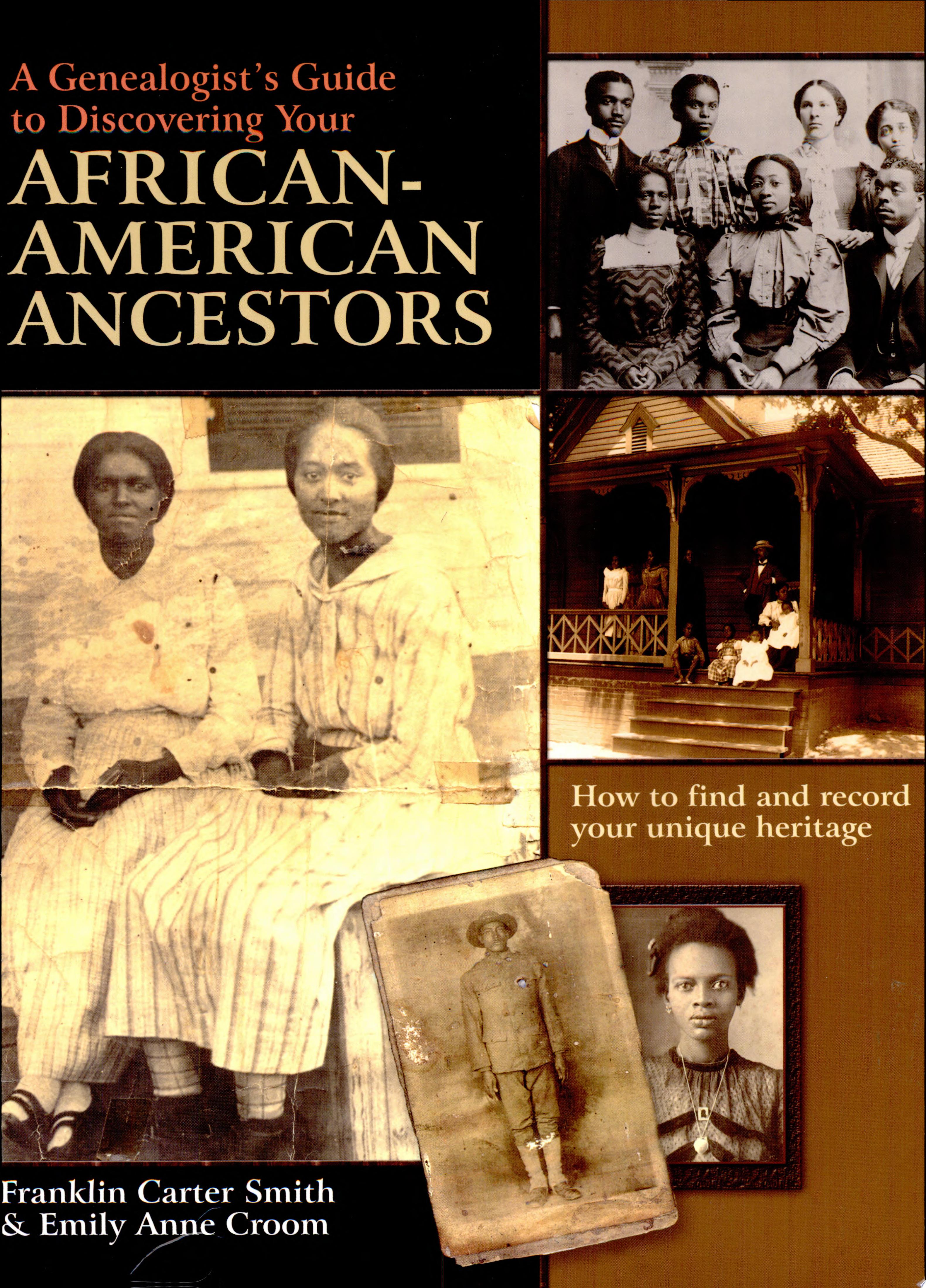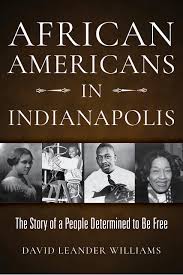A never before published novel from beloved author Zora Neale Hurston, revealing the historical Herod the Great--not the villain the Bible makes him out to be but a religious and philosophical man who lived a life of valor and vision.
In the 1950s, as a continuation of Moses, Man of the Mountain, Zora Neale Hurston penned a historical novel about one of the most infamous figures in the Bible, Herod the Great. In Hurston's retelling, Herod is not the wicked ruler of the New Testament who is charged with the "slaughter of the innocents," but a forerunner of Christ--a beloved king who enriched Jewish culture and brought prosperity and peace to Judea.
From the peaks of triumph to the depths of human misery, the historical Herod "appears to have been singled out and especially endowed to attract the lightning of fate," Hurston writes. An intimate of both Marc Antony and Julius Caesar, the Judean king lived during the first century BCE, in a time of war and imperial expansion that was rife with political assassinations and bribery, as the old world gave way to the new.
Portraying Herod within this vivid and dynamic world of antiquity, little known to modern readers, Hurston's unfinished manuscript brings this complex, compelling, and misunderstood leader fully into focus. Hurston shared her findings about Herod's rise, his reign, and his waning days in letters to friends and associates. Text from three of these letters concludes the manuscript in an intimate way. Scholar-Editor Deborah Plant's "Commentary: A Story Finally Told" assesses Hurston's pioneering work and underscores Hurston's perspective that the first century BCE has much to teach us and that the lens through which to view this dramatic and stirring era is the life and times of Herod the Great.
